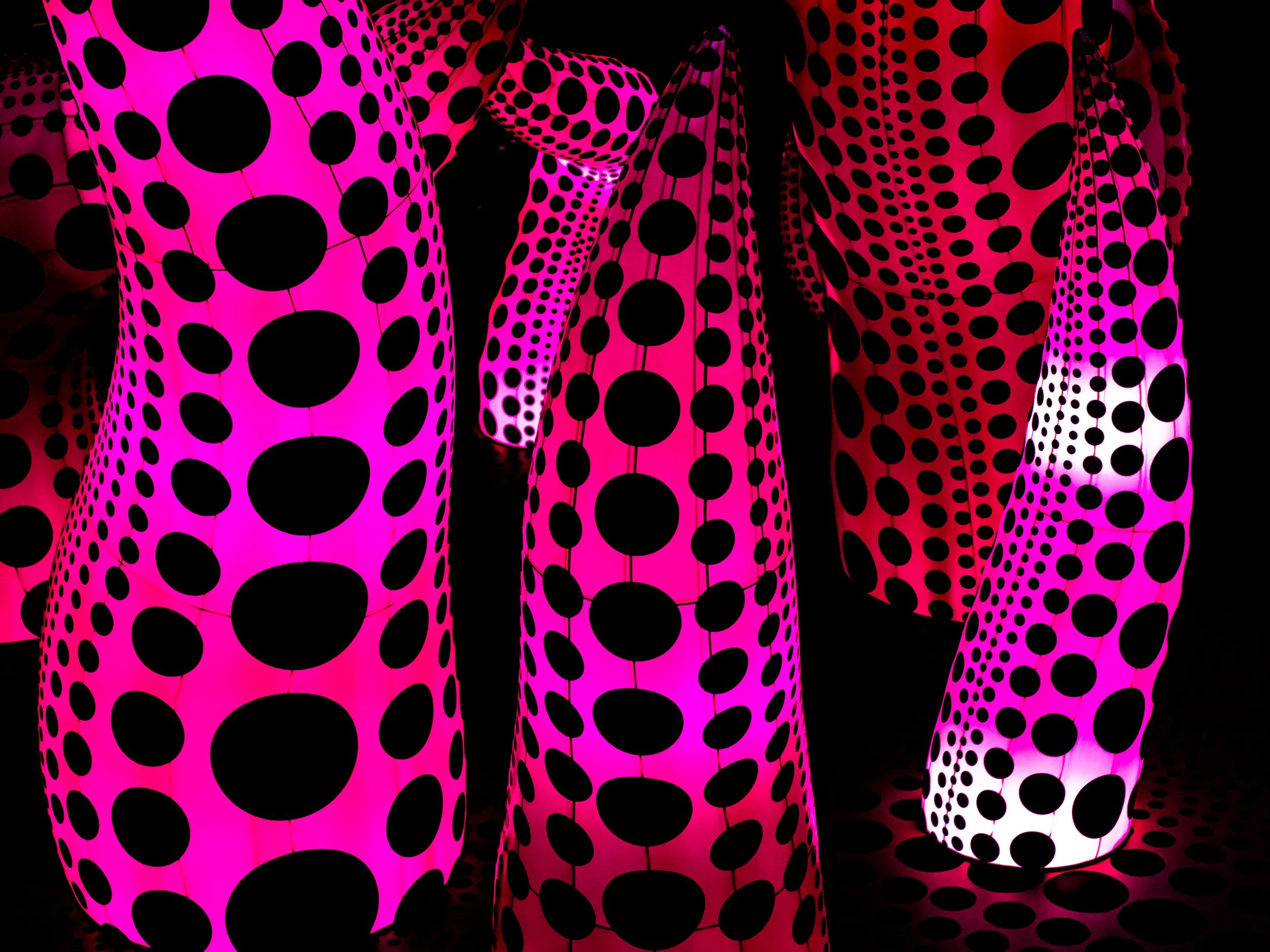Empathy on Crack: Can Psychedelics Really Change How We Care?
Photo Courtesy: mini_malist via Flickr
Historically psychedelics have been used for recreational purposes. These mind-altering substances change the way we think and act via their hallucinogenic effects. While they remain controversial, society’s view on psychedelics has gradually changed. We are more open to exploring treatment with psychedelics, and how the changes they induce could prove crucial for tackling psychiatric disorders.
Psychedelics not only impact how we think, but also how we care. Empathy is a difficult concept to define but has been described as the ability to understand and adapt to the perspective and feelings of others. It can be further divided into emotional empathy, which is the ability to recognise the emotions of others, and cognitive empathy, which involves understanding the perspective of other individuals. These can be measured using the Multifaceted Empathy Test (MET) which uses emotionally charged images to measure both emotional and cognitive empathy. Classical psychedelics, most commonly including 4-phosphoryloxy-N,N-dimethyltryptamine (psilocybin), lysergic acid diethylamide (LSD) and ayahuasca appear to break rigid mental patterns of their users. The most common psychedelic used for treatment is psilocybin, obtained from mushrooms, a serotonergic psychedelic, which is a type of psychedelic that acts on the serotonin (5HT2A) receptor to produce hallucinogenic effects.
The breaking of these mental patterns, such as low mood and low self-esteem, using psychedelics, such as psilocybin, appears to cause an increase in empathy. At a neural level, the correlates of empathy are the prefrontal cortex, the amygdala, the nucleus accumbens and the anterior cingulate and insula. Interestingly, these are also the neural correlates for psilocybin activity. This means the brain processes corresponding to feelings of empathy are also activated after taking psilocybin. However, the positive effects of psychedelics are not only caused by what is happening on a molecular level, but by the “mystical experience” that appears to play a crucial role in the therapeutic effects. During this mystical experience, individuals often experience ego dissolution which allows the boundaries between the self and others to be lowered. The distorted perception of the body that accompanies the psychedelic experience also may lead to the “blurring” of the boundaries between the self and others which could lead to an increased ability to share emotions of others, or emotional empathy.
Increased empathy following psychedelic treatment is observed even in patients with decreased empathy levels due to neuropsychiatric disorders. This suggests the beneficial role of psychedelic treatment in disorders such as major depression, borderline personality disorder, bipolar disorder and psychopathy. Increasing empathy levels appears to make patients more open-minded and receptive, which is beneficial to other therapies, such as cognitive behaviour therapy (CBT), even in treatment-resistant disorders. Psychedelic treatment also appears to have a positive influence on criminal behaviour as it was observed that convicted felons with a history of psychedelic usage were more likely to obey the rules of community corrective supervision and also demonstrated a lower occurrence of partner violence than their counterparts.
The half-life of psilocybin is roughly 3 hours, however, the antidepressant effects experienced after a single dose last up to 6 months. A proposal for the cause of this long-lasting antidepressant effect involves a positive feedback loop with empathy and prosocial behaviour. Prosocial behaviour is closely related to empathy and can be described as behaviour that tries to increase the welfare of another and is said to be catalysed by empathy.
While most psychedelic treatments focus on the previously mentioned ‘classic’ psychedelics, MDMA has also been used in neuropsychiatric treatment, including research into empathy. MDMA (3,4-Methylenedioxymethamphetamine) induces release of serotonin, dopamine and noradrenaline and elicits the release of hormones such as oxytocin. This is believed to form the basis for the prosocial effects of the drug, which causes behaviour that increases the welfare of others. Unlike psilocybin, which only impacts emotional empathy, MDMA appears to enhance both emotional and cognitive empathy. However, these effects appear to be biased towards males, which questions the efficacy of the drug for wider treatment.
While future research is necessary to further explore the potential benefits of psychedelic treatment, it appears to be a valuable tool for integration with current psychiatric treatment. Increasing empathy makes us look at the bigger picture and opens up the mind for other therapies. This new approach to psychiatric treatment could help to change how we think and feel, starting by changing how we care.

